Description
The Internet of Things (IoT) is a paradigm shift in engineering that includes the connectivity of a variety of physical items over the internet. This interconnection gives these devices the ability to gather, exchange, and act upon data. The principles of the Internet of Things include a number of essential components, including controllers and sensors for the purpose of data collection and control, connection protocols for the purpose of communication, data processing and analytics for the purpose of gaining insights, and user interfaces for the purpose of interaction and control. A wide range of industries, including smart cities, healthcare, industrial automation, agriculture, and energy management, are among the many areas in which the Internet of Things (IoT) has found applications in engineering. The Internet of Things makes it possible for smart cities to have more effective resource management, increased public safety, and greater urban mobility. In the field of medicine, it makes remote monitoring, individualised therapy, and effective hospital administration much easier to do. The Internet of Things (IoT) provides advantages to industrial automation in the form of predictive maintenance, asset monitoring, and process optimisation. In the agricultural sector, the Internet of Things improves crop monitoring, irrigation management, and tracking of animals. Smart grids, monitoring of energy use, and optimisation of renewable energy sources are all examples of applications that fall under the umbrella of energy management. In the field of engineering, the Internet of Things (IoT) is a driving force behind innovation, an improvement in efficiency, and the opening of new doors for research and development. It also significantly alters the way in which systems are planned, implemented, and maintained.
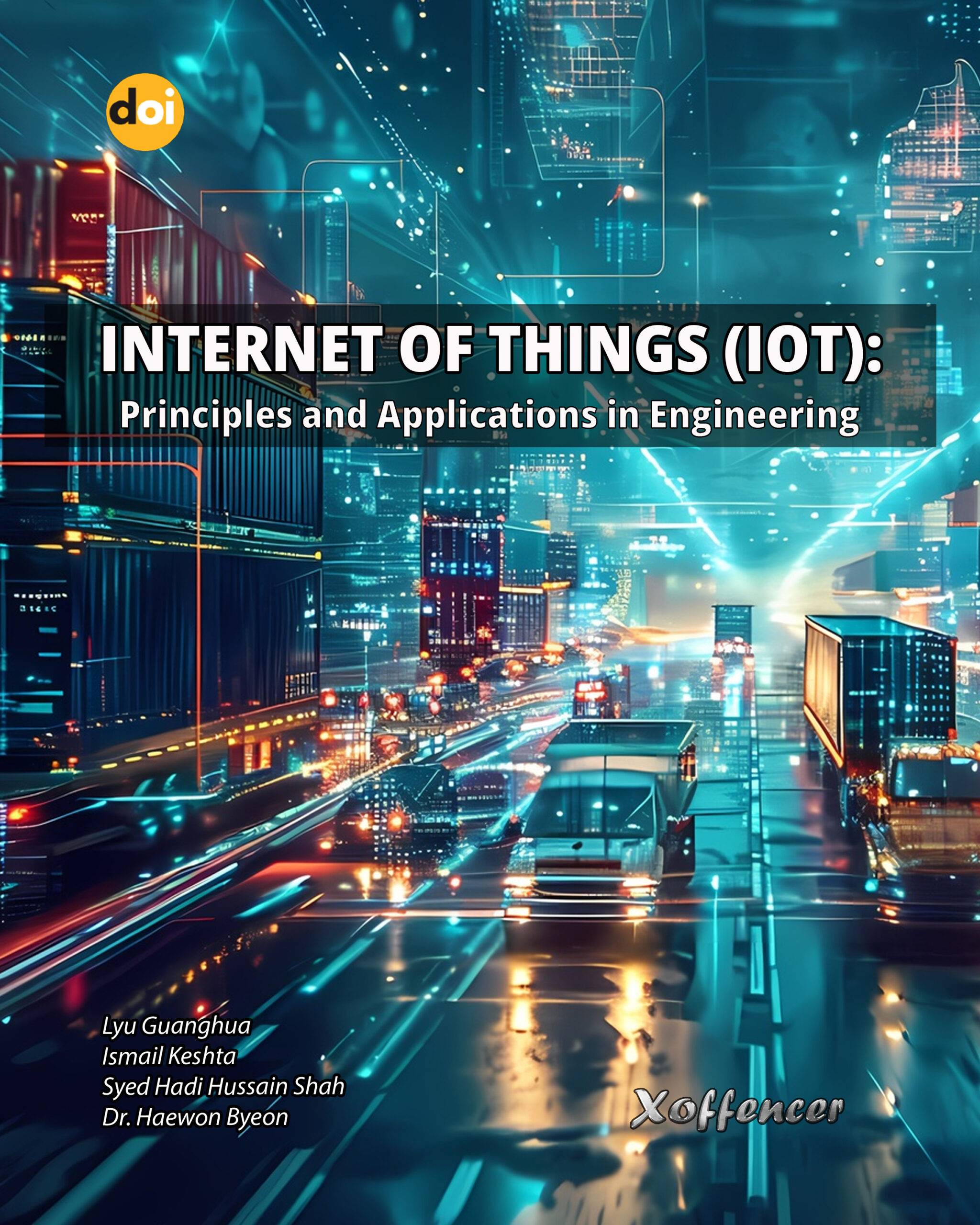

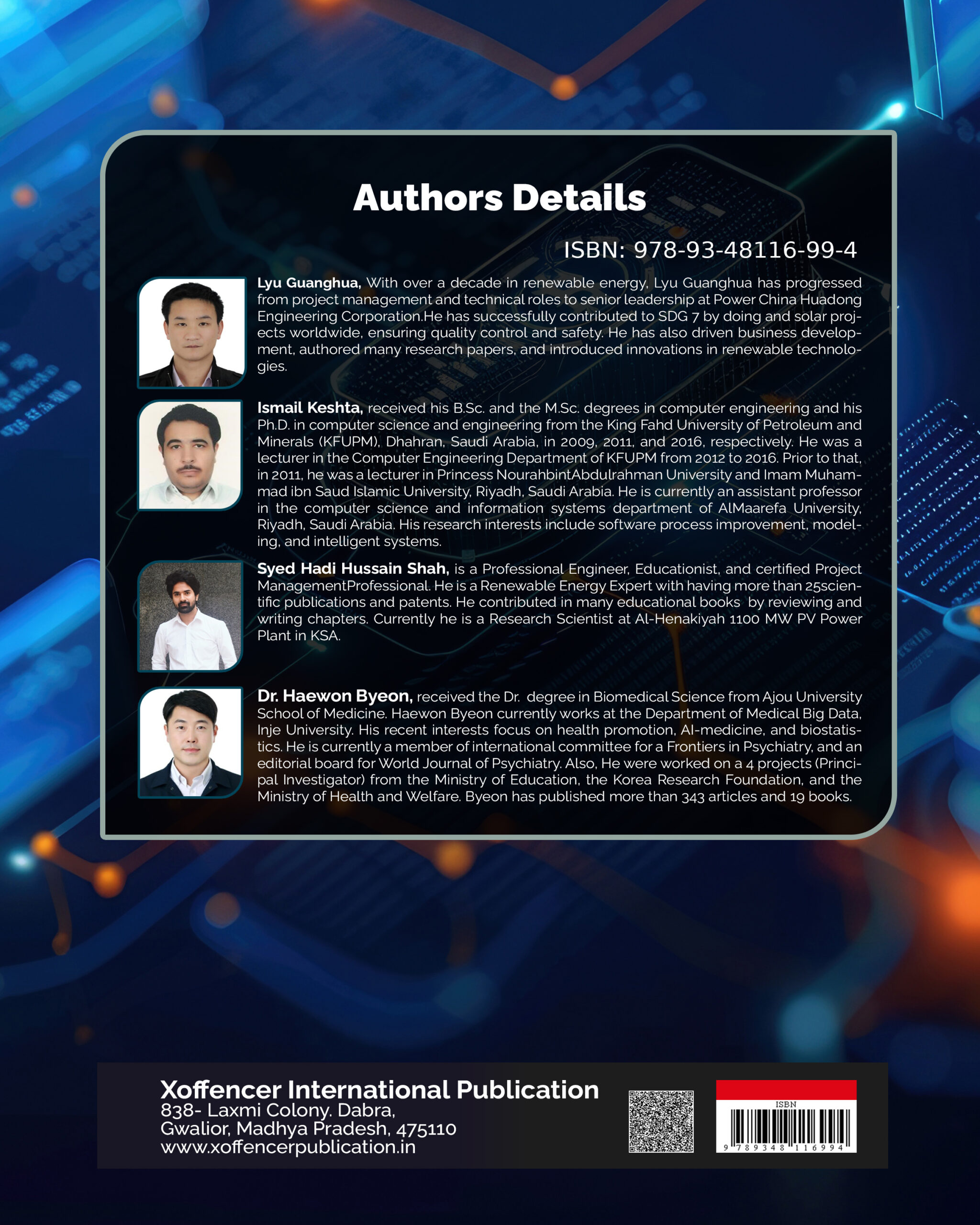
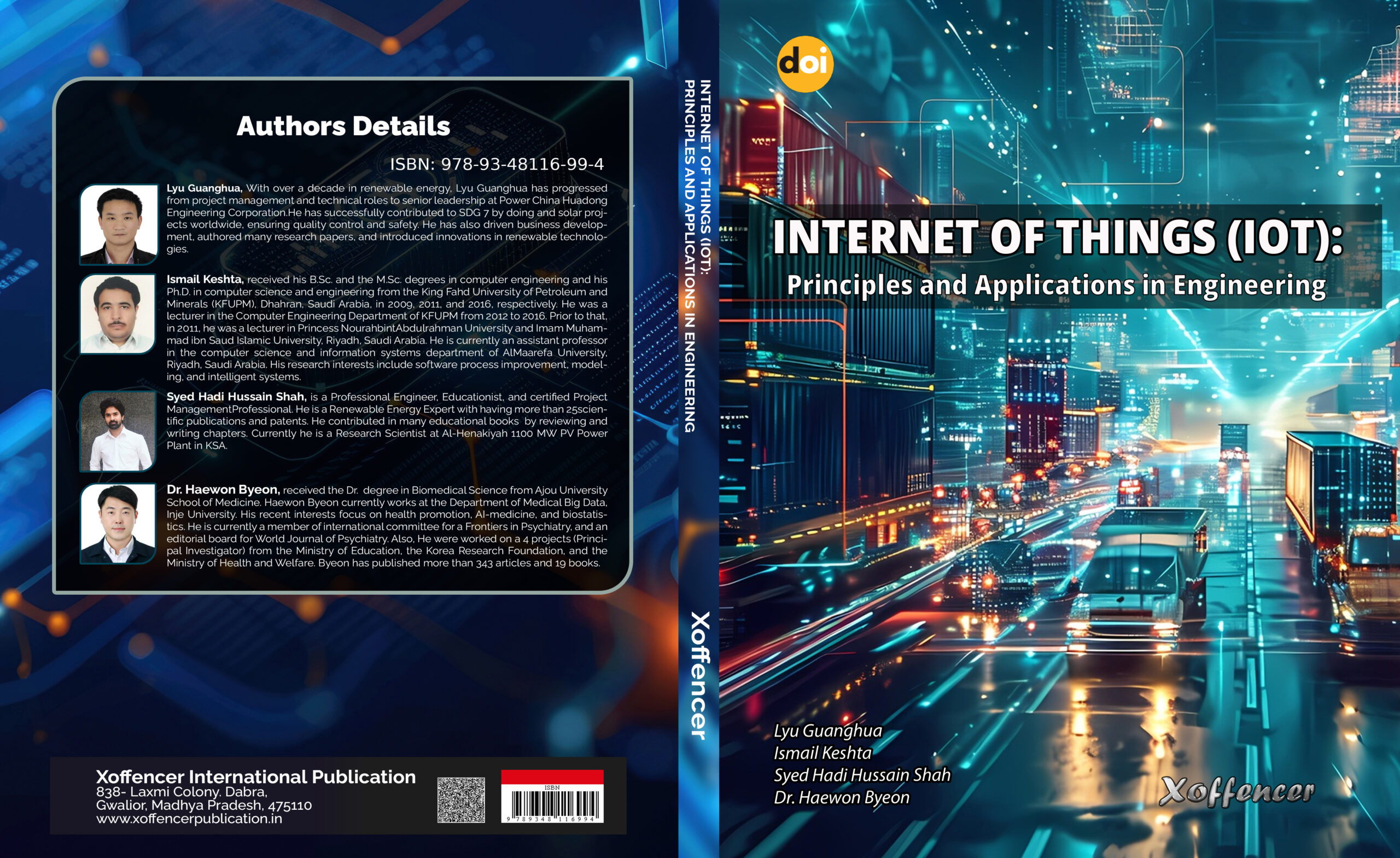





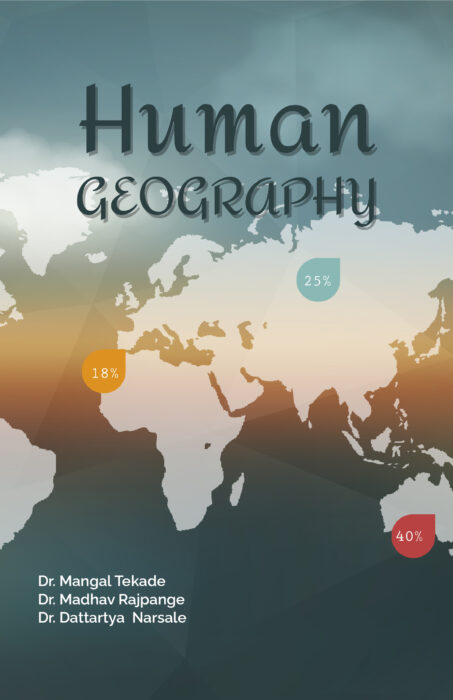
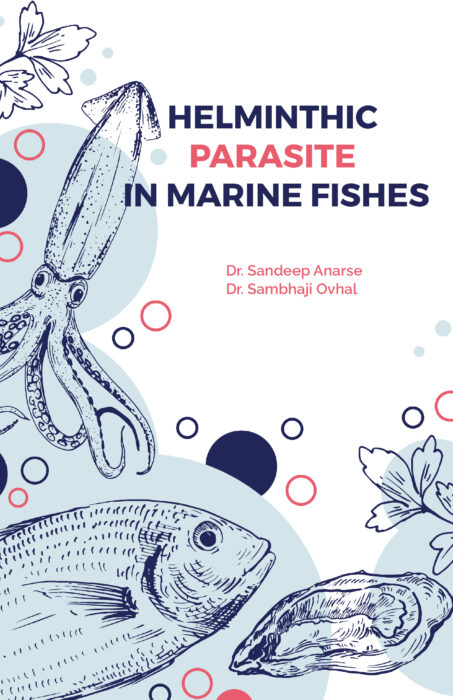
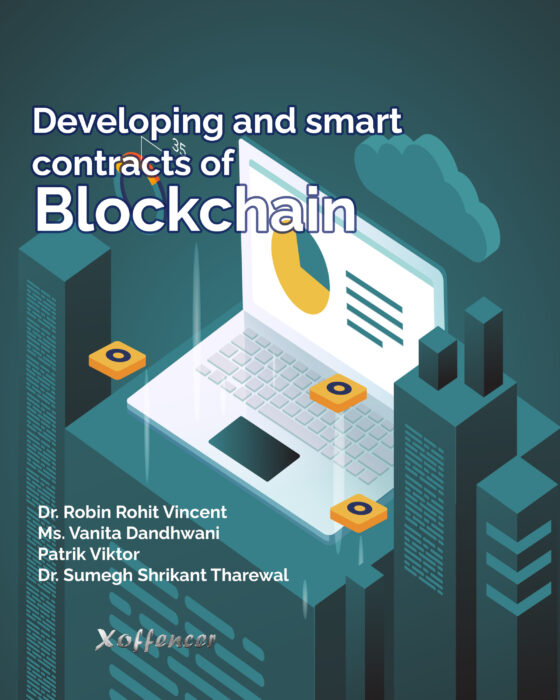
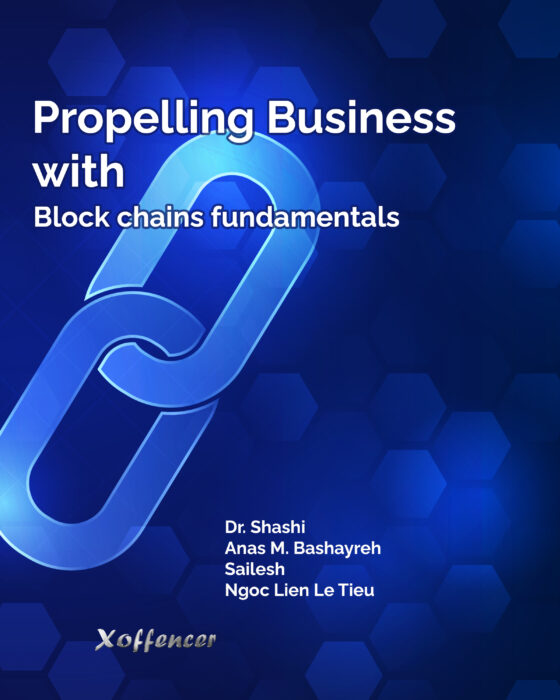
Reviews
There are no reviews yet.